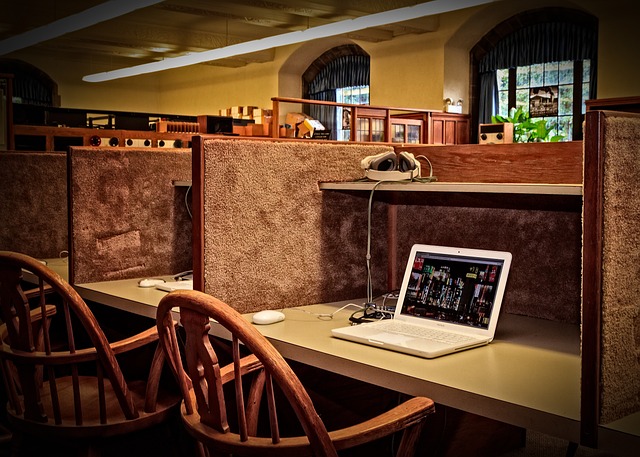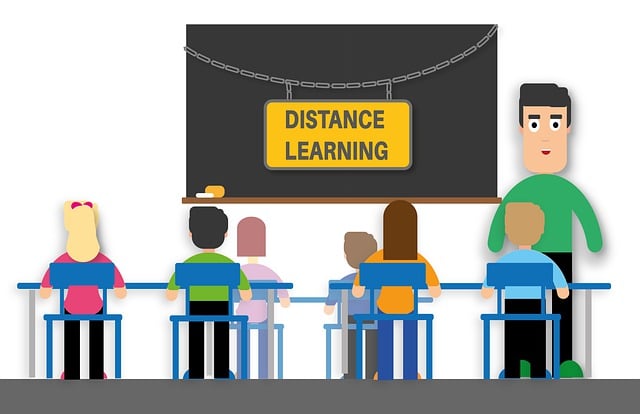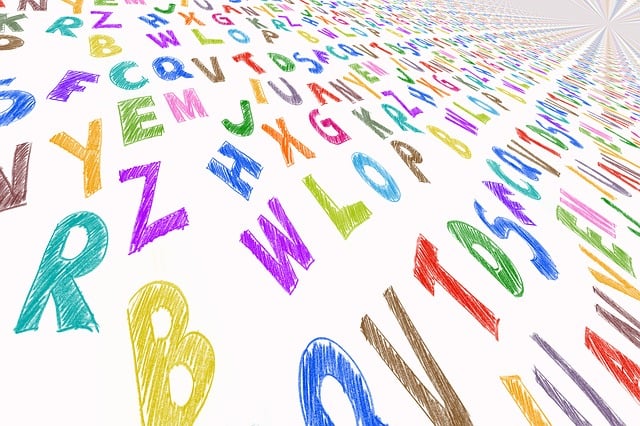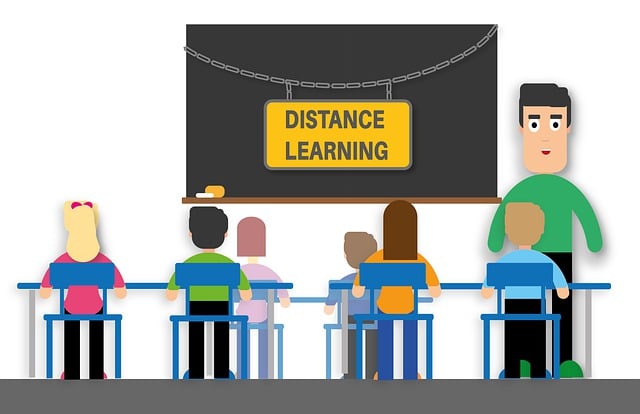Karachi, Pakistan's economic hub, faces a diverse landscape in early childhood education (ECE), with well-resourced preschools in some areas and severe shortages elsewhere. The digital age brings both opportunities and challenges, necessitating reform. Key issues include crowded classrooms, inadequate resources, and lack of specialized teacher training. Innovative solutions like play-based learning, technology integration, and holistic development methods are transforming ECE. Community engagement and parental participation are crucial, aligning educational initiatives with local needs and cultural contexts to ensure every child receives a quality education.
“Karachi, Pakistan’s vibrant metropolis, is witnessing a significant shift in early childhood education (ECE) practices. This transformative journey involves addressing the current state of ECE, where traditional methods often fall short. The article explores innovative reforms, emphasizing play-based learning, teacher training, and community engagement. By delving into these strategies, Karachi aims to enhance young minds’ development. We analyze challenges, such as outdated curricula and teacher shortages, and present solutions that could revolutionize ECE in the city. This comprehensive guide offers insights into the future of education for Karachi’s youngest learners.”
- The Current State of Early Childhood Education in Karachi
- Challenges Facing Traditional Educational Practices
- Innovative Reforms and Their Impact
- Implementing Play-Based Learning in Karachi's Classrooms
- Training and Development for Early Childhood Educators
- Community Engagement and Parental Participation in Reform Processes
The Current State of Early Childhood Education in Karachi

Karachi, Pakistan’s economic hub, presents a unique landscape when it comes to early childhood education (ECE). The current state of ECE in the metropolis is a mix of traditional and modern practices, with significant disparities among different socio-economic neighborhoods. While some areas boast well-resourced preschools and play schools offering comprehensive curriculums, many others lack access to basic educational facilities. This digital age has brought both opportunities and challenges; while technology aids learning, the city’s diverse cultural fabric and limited infrastructure pose unique obstacles to implementing uniform ECE standards.
The need for reform is evident as Karachi’s rapidly growing population of young learners demands a robust ECE system. Initiatives are underway to enhance teacher training, introduce age-appropriate curricula, and integrate digital tools to cater to the city’s diverse needs. By focusing on quality education, accessibility, and innovation, Karachi can ensure that its youngest citizens receive the best possible start to their educational journey, paving the way for a brighter future for all.
Challenges Facing Traditional Educational Practices

In Karachi, as in many urban centers, traditional early childhood education practices face significant challenges. The rapid urbanization and diverse socio-economic landscape make it difficult to implement uniform educational standards, leading to disparities in quality and access. Crowded classrooms, inadequate teaching resources, and a lack of specialized training for educators contribute to these issues. Moreover, the focus on rote learning and standardized testing often overshadows the holistic development of children, including social, emotional, and creative growth.
These challenges are exacerbated by the fast-paced nature of modern life. Working parents’ increasing demands for flexible and comprehensive childcare solutions put pressure on existing educational systems. In response, there is a growing need for innovative reforms that prioritize play-based learning, interactive teaching methods, and individualized attention to foster each child’s unique potential. By addressing these challenges head-on, Karachi can work towards creating a more inclusive and effective early childhood education environment.
Innovative Reforms and Their Impact

In Karachi, innovative reforms in early childhood education (ECE) practices are transforming young minds and shaping a brighter future for the city’s children. One such reform is the introduction of play-based learning methods, which encourage exploration and creativity. This approach not only makes learning fun but also fosters essential social and emotional skills, ensuring that kids develop at their own pace. The impact has been significant, with studies showing improved academic performance and enhanced cognitive abilities among pupils who engage in these dynamic programs.
Additionally, technology integration has been a game-changer. Digital tools tailored for ECE enhance instructional methods, providing personalized learning experiences. This innovative use of technology in Karachi’s classrooms bridges the digital divide, equipping young learners with 21st-century skills. As a result, children are better prepared to navigate the modern world, and their educational journey sets them up for success as they transition to higher levels of education.
Implementing Play-Based Learning in Karachi's Classrooms

In recent years, there has been a growing emphasis on play-based learning in early childhood education across Karachi. This approach recognizes the vital role that play plays in a child’s development, fostering creativity, problem-solving skills, and social interaction. By implementing play-based methods, classrooms in Karachi are transforming into vibrant spaces where young learners engage actively with their environment. Teachers act as facilitators, providing materials and opportunities for children to explore, discover, and construct their own knowledge.
Karachi’s diverse cultural landscape has influenced the integration of play-based learning, with educators incorporating local traditions and games to make learning more relatable and enjoyable. This approach not only caters to the city’s unique demographic but also ensures that children develop a sense of belonging and cultural identity. As a result, early childhood education in Karachi is witnessing enhanced engagement, improved academic outcomes, and happier, more well-rounded students.
Training and Development for Early Childhood Educators

In Karachi, the landscape of early childhood education is undergoing a transformative phase, largely driven by efforts to enhance training and development for educators. This shift is acknowledging the profound impact that teachers have on young learners’ future success. Initiatives are focused on equipping educators with modern teaching methods, age-appropriate curriculum design, and effective communication strategies tailored to Karachi’s diverse community. These developments are not just about improving classroom experiences but also fostering a deeper connection between educators and children from various cultural backgrounds.
The training programs prioritize the cultivation of empathy, creativity, and critical thinking skills in young minds. By investing in the professional growth of early childhood educators, Karachi is setting the stage for more holistic and engaging educational experiences. This emphasis on development aligns with global best practices, ensuring that local practices in early childhood education keep pace with international standards.
Community Engagement and Parental Participation in Reform Processes

In Karachi, community engagement and parental participation play pivotal roles in shaping successful early childhood education reforms. Local communities are often at the forefront of identifying unique challenges and needs within their neighborhoods, making them invaluable partners in implementing effective solutions. By actively involving parents and caregivers in reform processes, educational initiatives can better align with cultural contexts, family values, and local priorities. This collaborative approach fosters a sense of ownership and investment among community members, ensuring that education strategies are not only inclusive but also sustainable.
Parental involvement enhances the quality of early childhood education by providing valuable insights into child development, nurturing practices, and community resources. In Karachi’s diverse landscape, this participation can bridge cultural gaps, promote understanding, and strengthen the bond between families, educators, and the broader community. As a result, children benefit from more personalized learning experiences that resonate with their backgrounds, thereby enhancing their overall educational journey.
The reforms in early childhood education (ECE) practices in Karachi are transforming the way children learn and develop. By addressing challenges through innovative strategies, such as play-based learning and enhanced training for educators, the city is creating a more inclusive and effective educational environment. Community engagement and parental participation have proven vital to these reforms, ensuring that ECE aligns with the diverse needs and cultural contexts of Karachi’s young learners. Moving forward, continued collaboration between educators, parents, and policymakers will be essential to sustain and build upon these positive changes in the vibrant city of Karachi.
